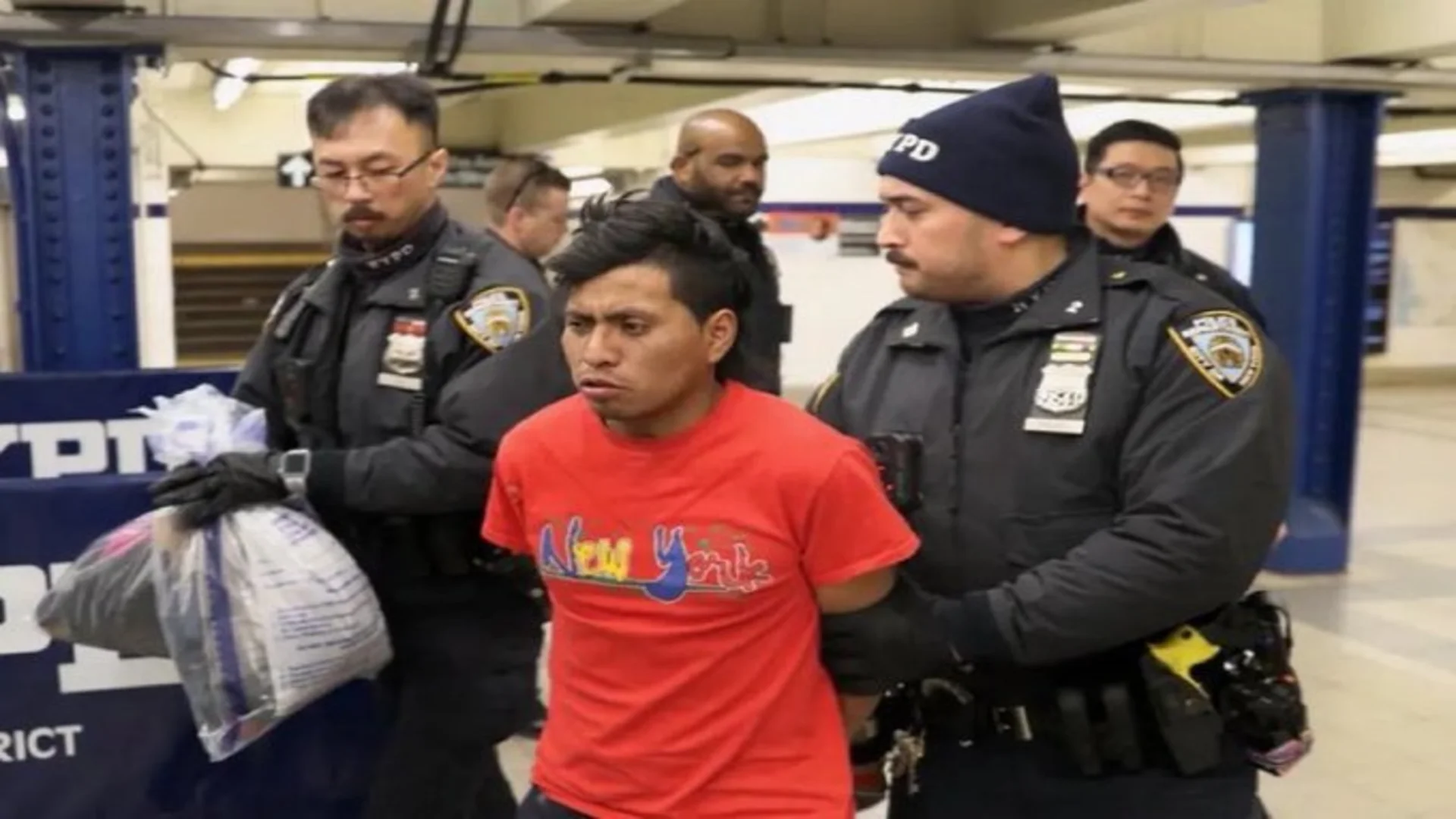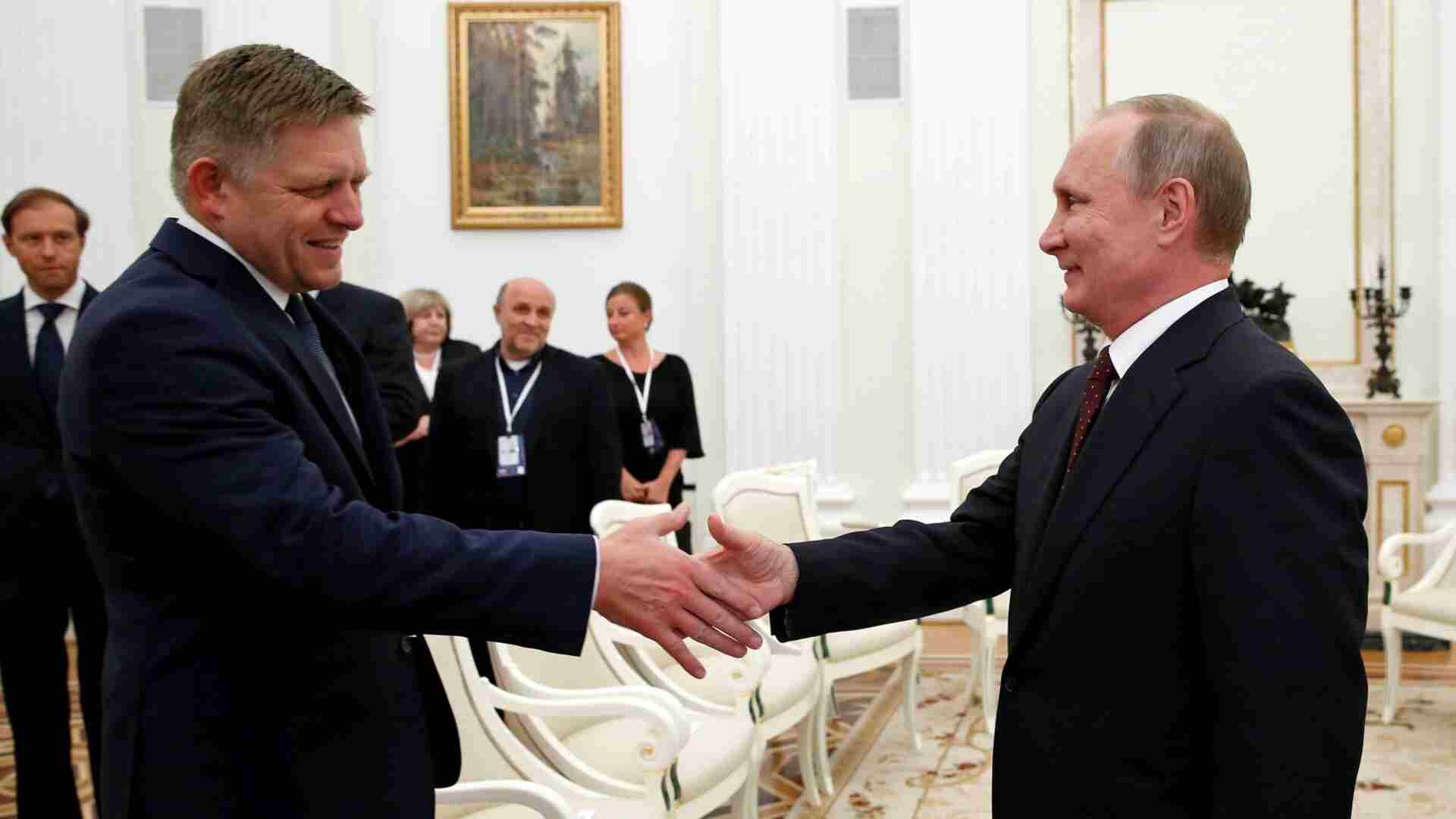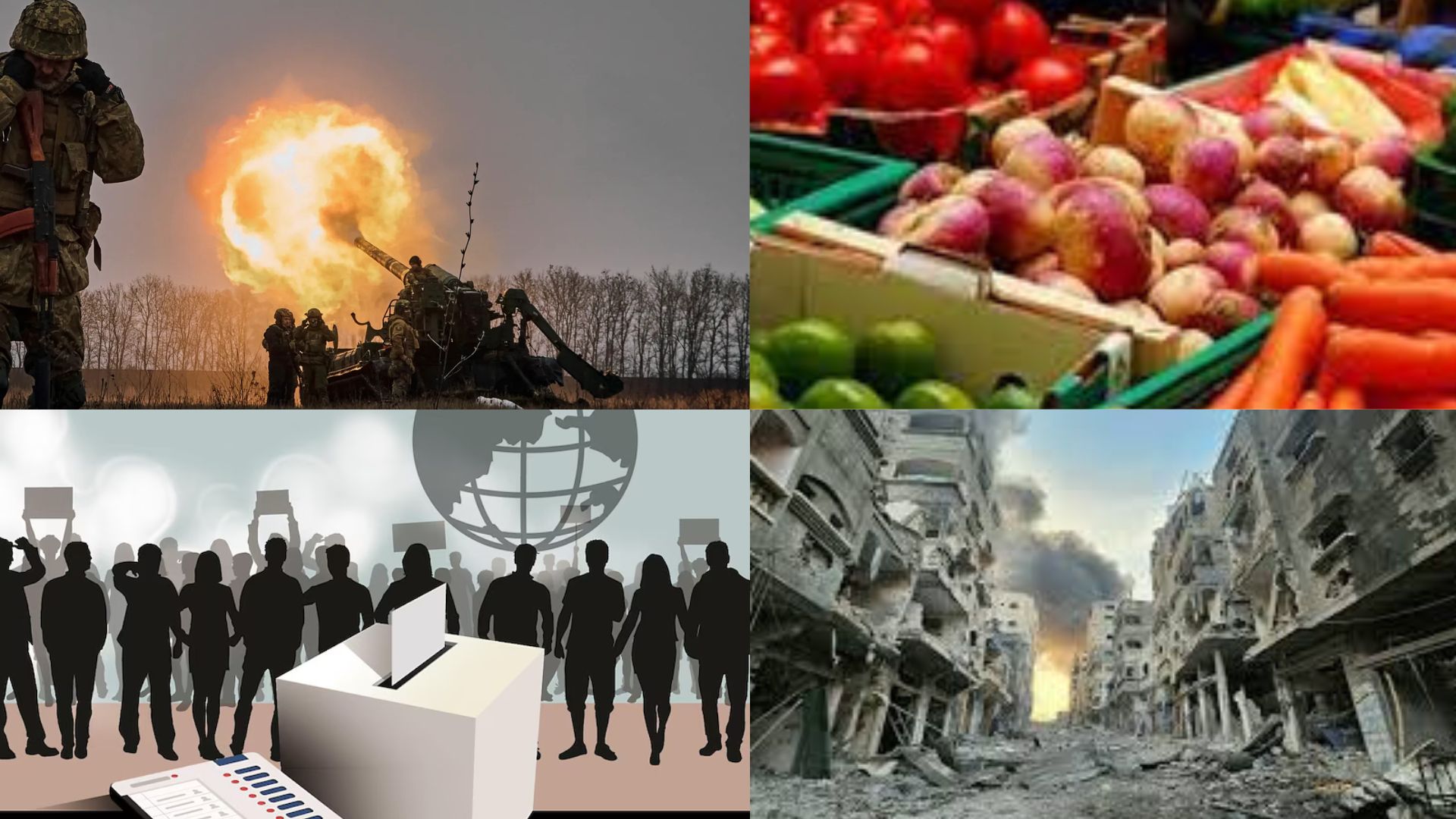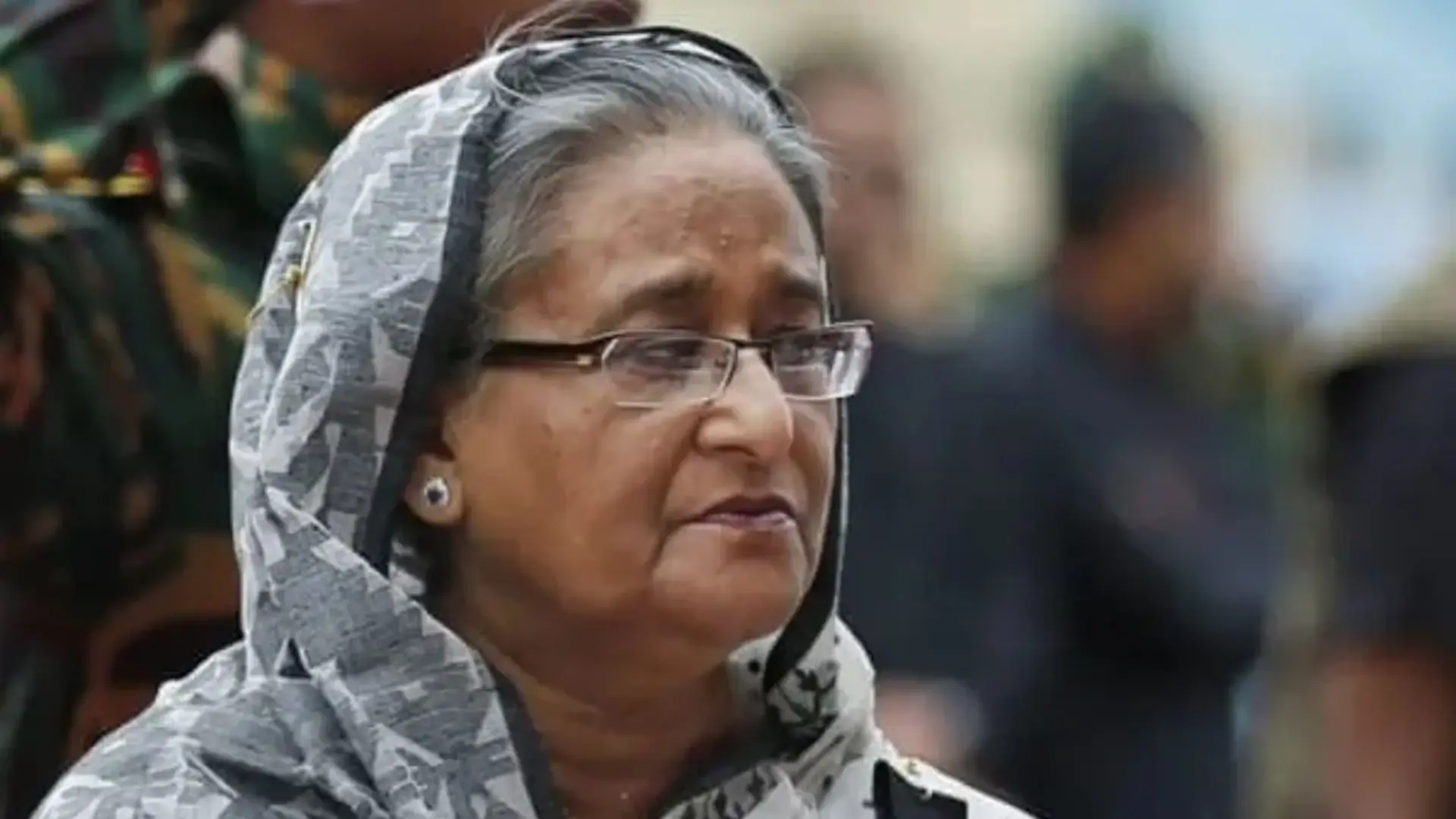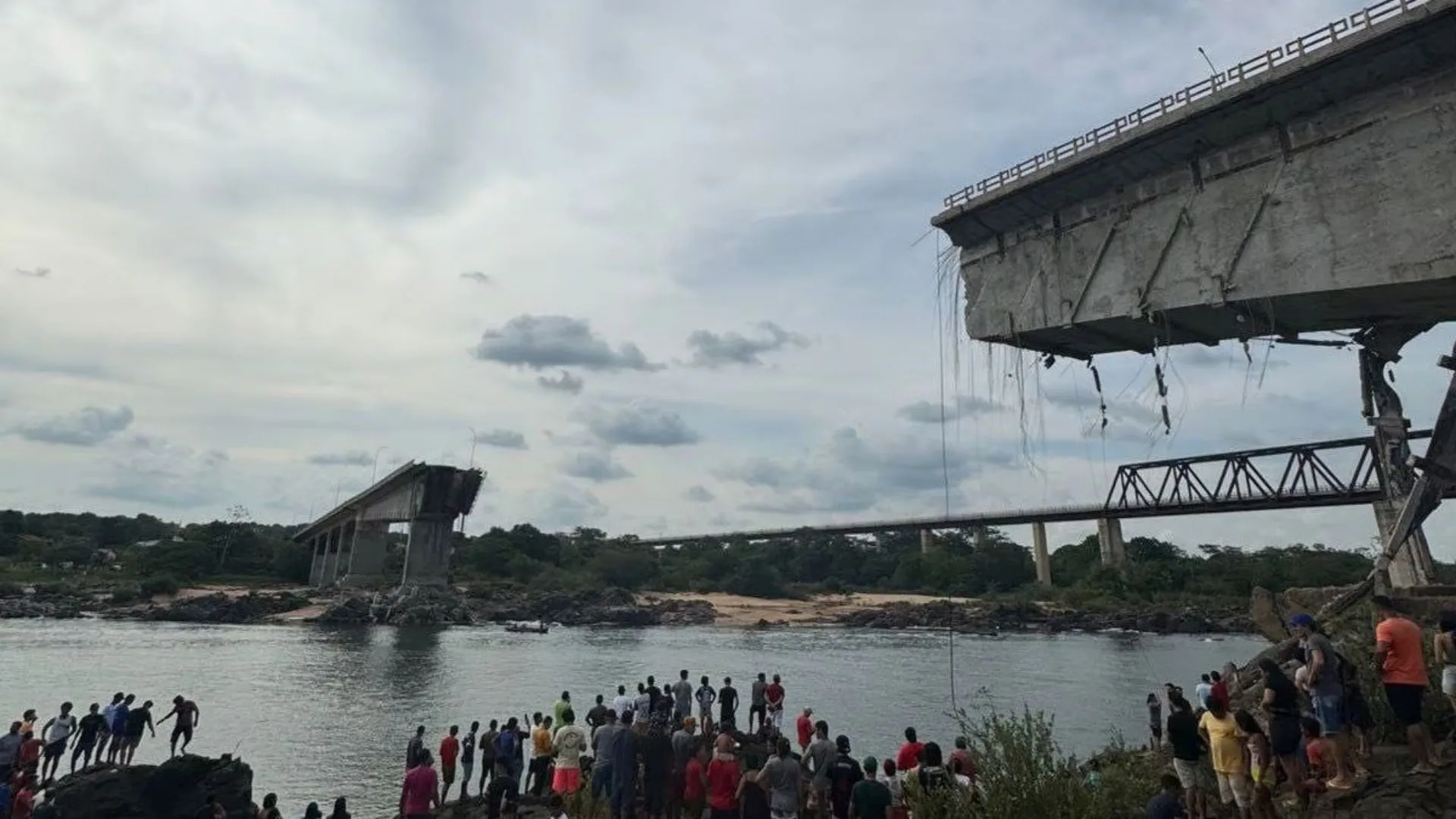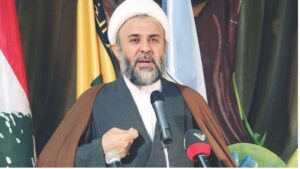A day after top Hezbollah leader Hassan Nasrallah was killed in an airstrike, the Israel military said on Sunday that it has eliminated another senior Hezbollah official, Nabil Qaouk, in a precise airstrike.
Qaouk was a commander of Hezbollah’s Preventative Security Unit and a member of their Executive Council.
Hassan Nasrallah’s Death Acknowledged by Hezbollah
The IDF rolled out the announcement of his elimination on X on Sunday, and wrote: “ELIMINATED: The Commander of Hezbollah’s Preventative Security Unit and a member of their Executive Council, Nabil Qaouk, was eliminated in a precise IDF strike.”
Qaouk, notably joined Hezbollah in the 1980s and was regarded as an important source of expertise in his field.
“Qaouk was close to Hezbollah’s senior commanders and was directly engaged in terrorist attacks against the State of Israel and its citizens. He joined Hezbollah in the 1980s and was regarded as an important source of expertise in his field, having served as the Deputy Commander of the southern region on the Operational Council, Commander of the southern region and Deputy Commander of the Operational Council,” the IDF further stated.
The Israeli military further said that it “will continue to strike and eliminate the commanders within the Hezbollah terrorist organisation” and will act against “anyone who threatens the citizens of the State of Israel.”
Notably, Hezbollah has officially acknowledged the death of its leader, Hassan Nasrallah, following Israeli strikes in Beirut.
Hezbollah said on Saturday that its leader, Nasrallah, “has joined his fellow martyrs.” The group also vowed that it would “continue the holy war against the enemy and in support of Palestine,” Al Jazeera reported.
The Israeli Defence Forces launched precision strikes on the Lebanese capital in Beirut on Friday, which led to the death of Nasrallah. Lebanon’s Health Ministry reported that the airstrikes targeting Hassan Nasrallah resulted in civilian casualties, with at least six people killed and dozens injured.
Israeli PM Netanyahu Issues Warning to Iran
Following the death of Nasrallah, Israeli Prime Minister Benjamin Netanyahu issued a warning to Iran’s Ayatollah regime and asserted that those who target Israel will face ‘consequences’ and that “no location” in Iran or the Middle East is “beyond Israel’s reach.”
Netanyahu called Nasrallah as “main engine of Iran’s axis of evil” and added, “Nasrallah was not just another terrorist, he was the terrorist. He was the axis of the axis, the main engine of Iran’s axis of evil. He and his people were the architects of the plan to destroy Israel. He was not only operated by Iran, he also frequently operated Iran.”
The Israel Defence Forces (IDF) also eliminated senior Hezbollah intelligence array terrorist Hassan Khalil Yassin in the precision strike in the Dahieh district in Beirut on Saturday, the military reported, according to a report by the Jerusalem Post.
United Nations Chief Antonio Guterres has expressed concern over the rising violence in the Middle East, urging all sides to halt the cycle of violence immediately.
The remarks by Guterres follow Israeli airstrikes in Beirut that led to the death of Hezbollah leader Hassan Nasrallah.
Sharing a post on X, Guterres said, “I’m gravely concerned by the dramatic escalation of events in Beirut in the last 24 hours. This cycle of violence must stop now. All sides must step back from the brink.”
“The people of Lebanon, the people of Israel, as well as the wider region, cannot afford an all-out war,” he added.




